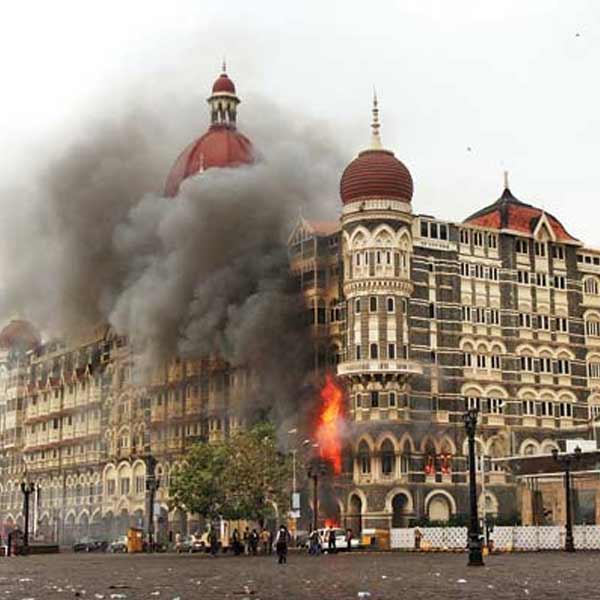New York: The 26/11 attacks were plotted by the LeT and some officers of Pakistans’s powerful ISI as a commando-style assault in India that would “dwarf” previous operations after their alliance came under strain when the terror group pushed for Western targets, a report said on Monday.
A detailed investigative report by the New York Times, ProPublica and the PBS series ‘Frontline’ titled ‘In 2008 Mumbai Killings, Piles of Spy Data, but an Uncompleted Puzzle,’ said that LeT, whose initial focus was India and Kashmir, later became increasingly interested in the West.
Lashkar-e-Taiba’s alliance with the ISI, its “powerful patron”, came “under strain as some of the militants pushed for a Qaeda-style war on the West,” the report said.
“As a result, some ISI officers and terror chiefs decided that a spectacular strike was needed to restore Lashkar’s cohesion and burnish its image,” the report said, citing interviews and court files.
“The plan called for a commando-style assault in India that could also hit Americans, Britons and Jews there. The target was the centerpiece of Indian prosperity: Mumbai.
“Lashkar’s chiefs developed a plot that would dwarf previous operations,” the report said.
Reflecting LeT’s western ambitions were plots to carry out attacks in Australia in 2003 and recruiting, buying equipment and raising funds in North America and Europe.
“The US intelligence community ? on multiple occasions between June and November 2008 ? warned the Indian government about Lashkar threats in Mumbai,” said Brian Hale, a spokesman for the director of the Office of National Intelligence.
“The information identified several potential targets in the city, but we did not have specific information about the timing or the method of attack.”
“Whatever the reason, no one fully grasped the developing Mumbai conspiracy,” the report said.
“They either weren’t looking or didn’t understand what it all meant,” said one former American official who had access to the intelligence. “There was a lot more noise than signal. There usually is.”
Former Indian national security adviser Shivshankar Menon said that a lesson that emerged from the tragedy in Mumbai was that “computer traffic only tells you so much. It?s only a thin slice.”
The key is the analysis, he said, and “we didn?t have it.”

